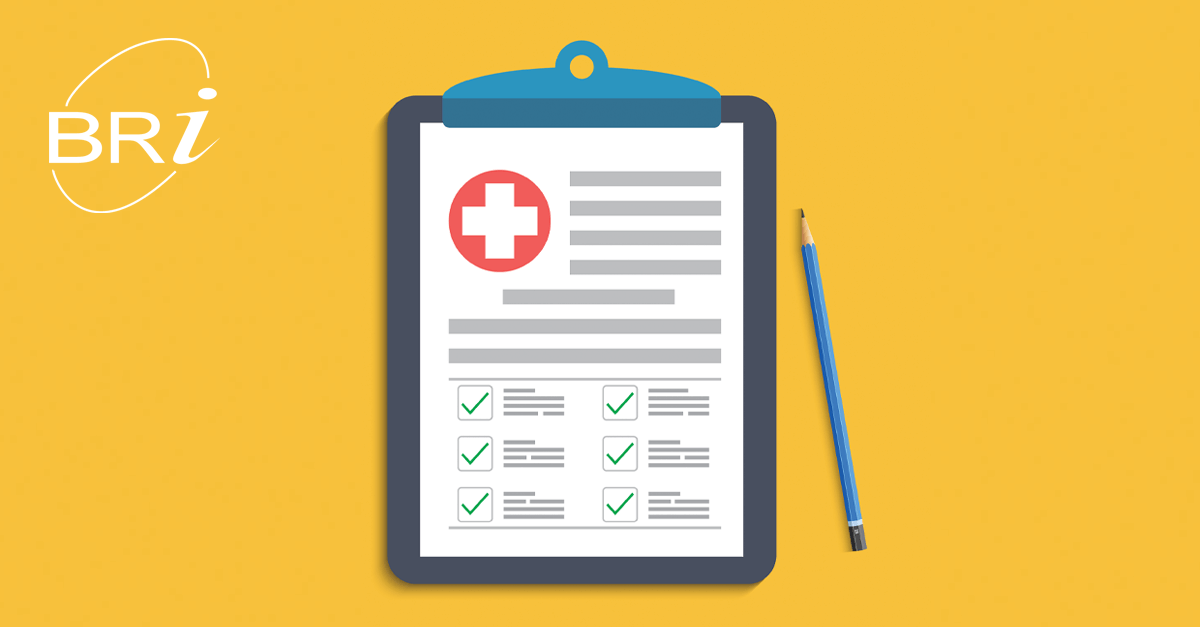If you have a family, you need life insurance. No one is guaranteed another day, and it is a courtesy to leave your loved ones with the financial means to handle your final expenses, as well as a way for them to stay financially secure...
This article was co-authored by Michael R. Lewis. Michael R. Lewis is a retired corporate executive, entrepreneur, and investment advisor in Texas. He has over 40 years of experience in business and finance, including as a Vice President for Blue Cross Blue Shield of Texas. He has a BBA in Industrial Management from the University of Texas at Austin.
This article has been viewed 25,606 times.
If you have a family, you need life insurance. No one is guaranteed another day, and it is a courtesy to leave your loved ones with the financial means to handle your final expenses, as well as a way for them to stay financially secure during the grieving process. Since most of us don’t have a lot of extra income to spend on a type of insurance we will never see, it pays to know how to find the cheapest life insurance. Getting low-cost life insurance depends on the type of policy you buy, who you buy it from, and how well you do on the medical exam.
Decide how much coverage you want. Every life insurance policy has increasing amounts of insurance available at concurrent increasing monthly rates. For example, a $20,000 policy may only cost $3 a month, but a $100,000 policy may cost $10 a month. You have to decide how much coverage you think you will need and how much you want to pay per month.
Compare term and whole life insurance. Although there are other types of life insurance, the most common policies purchased by individuals are term and whole. Their names suggest their definitions: "term" is life insurance that ends at the end of a "term" of years, i.e. when you turn a particular age; "whole" is life insurance that lasts your whole life and never expires unless you stop paying.[1]
X
Research source
Check into the policies your employer offers. The best rates may already be available to you through your employer. Most large companies that offer health insurance to their employees also offer life insurance, and these rates, as is usual when employers pay partial amounts on insurance policies, can be pretty low.
:quality(70)/cloudfront-eu-central-1.images.arcpublishing.com/xlmedia/LGIC54CSMBDJ7DHBF2WPGCBI34.jpg)



/GettyImages-590303369-0e8d89ba415d4eb2be4fbf6523fcc786.jpg)



















